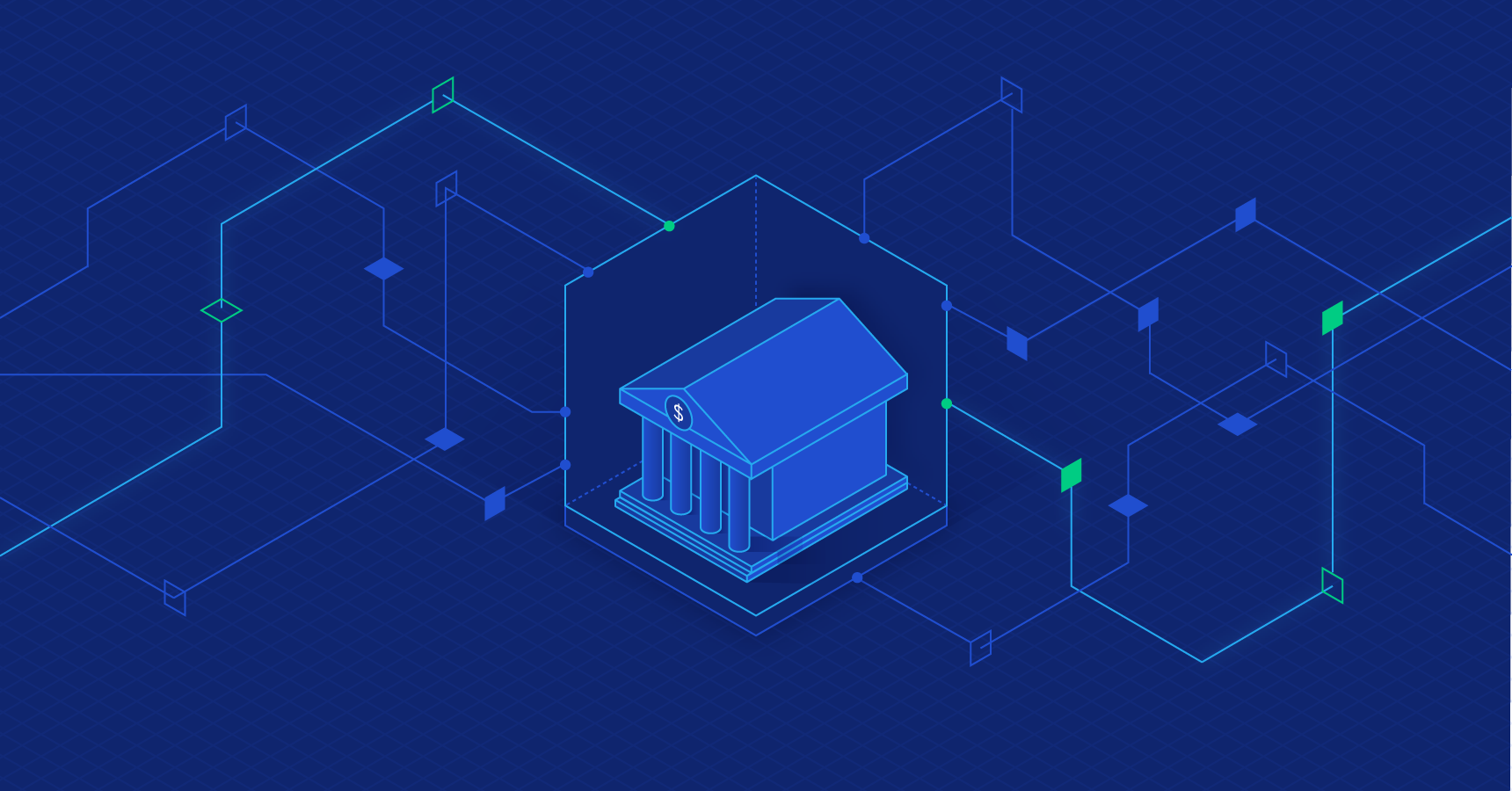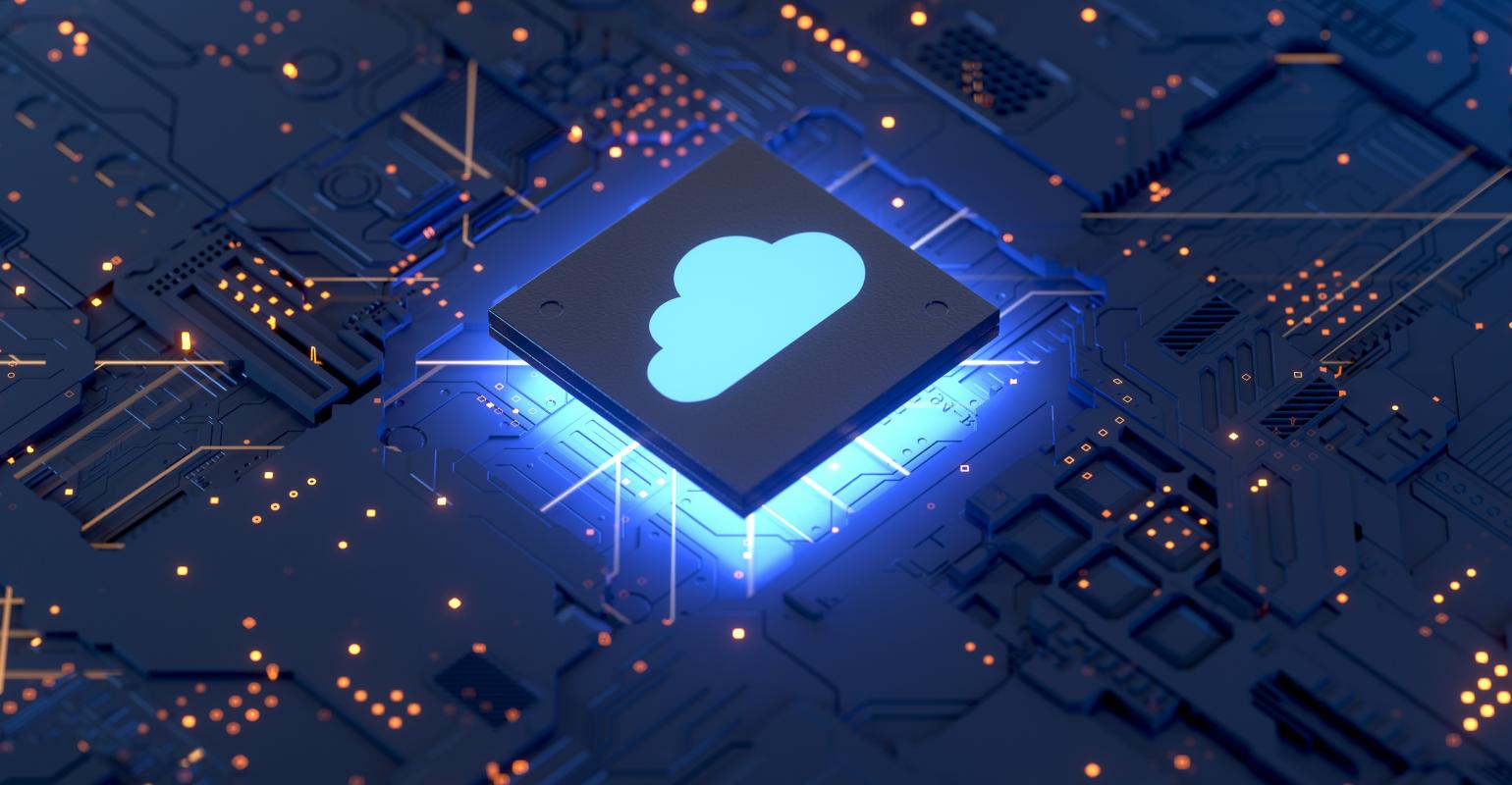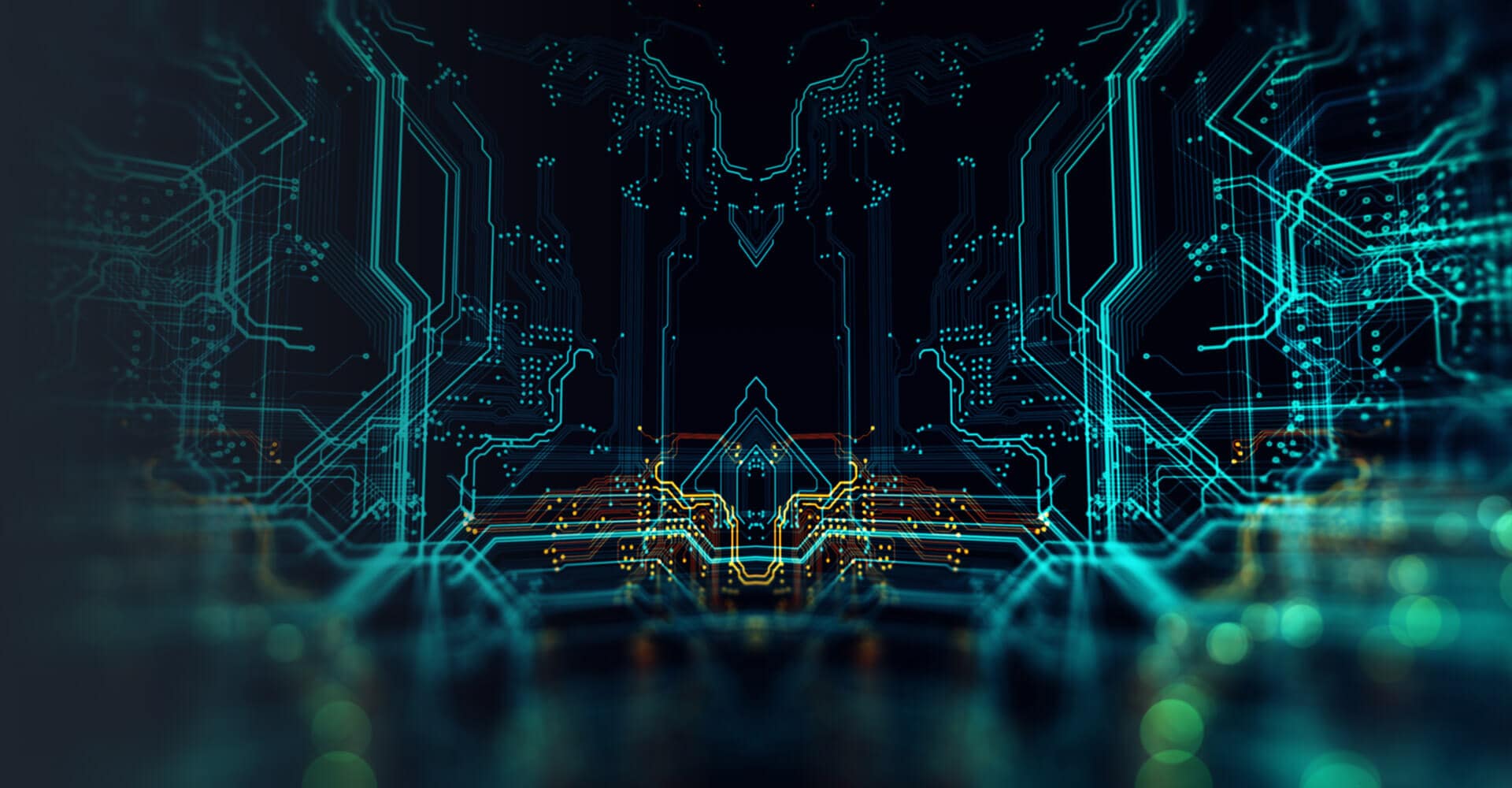Malware or malicious software is a computer program solely designed to harm your computer and the data inside it. There are different types of malware, including trojan, spyware, ransomware, and viruses. Each year, millions of computers are infected with malware. Unfortunately, businesses, too, suffer from this problem.
Private company data gets stolen, user data is sold on the dark web, and personal conversations are leaked. As there are different kinds of malware, each serves a distinct purpose. This blog will discuss what happens to your computer after it gets malware.
Restrict Access to Files
Your computers hold crucial data. For example, a business will store private customer data on computers. Confidential company reports, including sales data, are also kept on computers. The general belief is that computers are much more secure than having physical documents.
However, malware is known to restrict access to files.
Hackers install the malware into the computer and then encrypt all the files. They usually ask for payment in return for decrypting the files. Some do not do it for money. They will delete all your data, and there is no way to recover it. Therefore, businesses should take back up company data frequently.
Steal Information
Another common thing that a business can expect after a malware attack is to have confidential information stolen. There are numerous examples of hackers stealing credit card data, addresses, and other private information from organisations. Unfortunately, this type of malware attack is becoming common each year. Businesses pay a huge price for such attacks in the form of fines, lawsuits, and reputational damage.
Slow Down the Computer
Computers are an integral part of any business. They are used to provide services to customers. Therefore, any disruption in an organisation’s IT infrastructure can cause poor customer satisfaction, downtime, and other challenges. There is malware that is specifically designed to disrupt the computer systems. They slow down the computers to the extent that it becomes impossible to do anything.
Spread Throughout the Network
When one of the computers is infected, the malware replicates itself and spreads throughout the network. Soon, the whole organisation’s IT network is infected. It means that not a single organisational function can perform its duties. One can easily imagine its impact on a business and its reputation.
Spam Messages
Some malware can gain access to your email and social media accounts. The hackers use your accounts to send spam messages to your contact list and others. The receiver will think that the message is legit as it came from a trusted contact. When they click on the link or follow the instructions in the email, their computer gets infected too.
No Storage Space
Another common thing that you will experience after getting malware is that your computer will show there is no storage space. You cannot even download and install an antivirus program. This malware replicates itself until the entire hard drive is full. Usually, the files are not visible. You will need to change the default settings to view the malware files.
Conclusion
Malware can disrupt business operations and steal sensitive data. Such incidents can drive any business to the ground or cause significant reputational damage. Therefore, organisations need to ensure that they have the latest IT infrastructure to protect themselves against such attacks.




